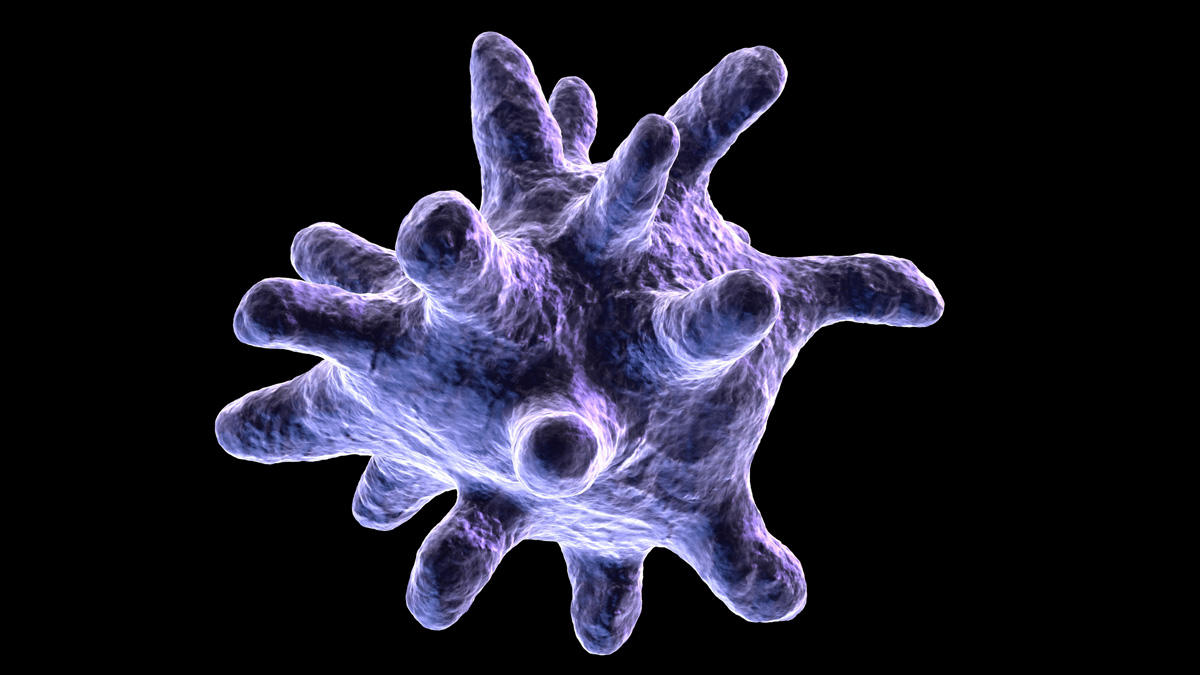Celleron targets Daiichi Sankyo with Roche's unwanted rare cancer drug

UK biotech Celleron Therapeutics has bought a licence to develop, manufacture and market emactuzumab, an unwanted drug from Roche’s pipeline that could be used in a rare tendon sheath cancer already targeted by Daiichi Sankyo.
Emactuzumab is a monoclonal antibody designed to target and deplete macrophages, a kind of white blood cell, in tumour tissue.
These tumour-associated macrophages (TAMs) have been enlisted by the tumour and suppress the local immune system and promote growth of cancer cells.
Roche decided to axe development of emactuzumab in 2018 after a combination with its immunotherapy Tecentriq (atezolizumab) did not show any improvement over Tecentriq monotherapy in solid tumour trials.
At the time Roche said it was considering out-licensing the drug as it recognised it could be used in diffuse tenosynovial giant cell tumour (TGCT), a rare cancer caused when macrophages proliferate in the synovial tissue in the joint and tendon sheath.
While TGCT is not a priority for Roche, Celleron said that it plans to develop emactuzumab in the indication after it showed a favourable safety profile and “encouraging” efficacy.
The deal is expected to close later this year and no financial details were disclosed.
Emactuzumab specifically targets TAMs by binding to colony-stimulating factor-1 receptor (CSF-1R) on the cell surface and blocking its activation by CSF-1.
The cancer is driven by overexpression of CSF-1 and massive recruitment of CSF-1R-expressing macrophages, which form a tumorous mass.
Even though the cancer rarely metastasises, it is locally aggressive and disabling.
Standard therapy is surgery but relapse rates are high and patients’ quality of life are impacted by tumour-related symptoms and problems after surgery.
Last year Daiichi Sankyo became the first company to market a targeted treatment for TGCT, after the FDA approved its Turalio (pexidartinib), although this carries a boxed warning about the risk of serious and potentially fatal liver injury.
Celleron is also developing CXD101, a drug to treat a certain kind of colorectal cancer, following a separate licensing agreement with AstraZeneca.
The phase 2 CAROSELL trial began early this year, testing Bristol-Myers Squibb’s immune-oncology agent nivolumab (Opdivo) in combination with CXD101, in advanced micro-satellite stable colorectal cancer (MSS CRC).











